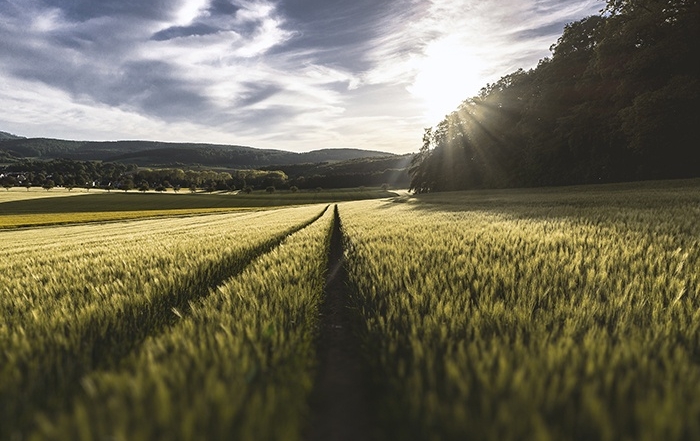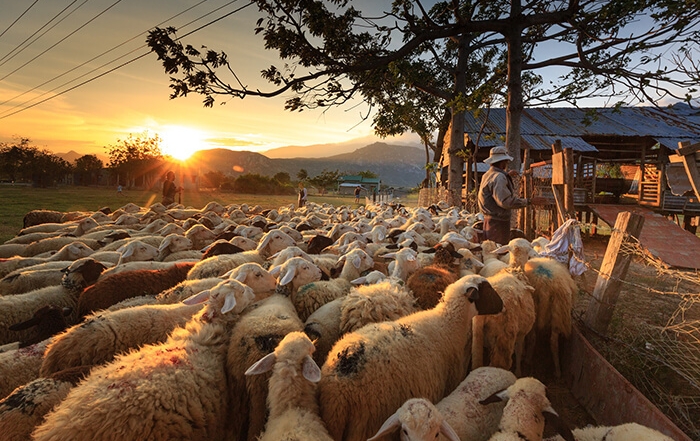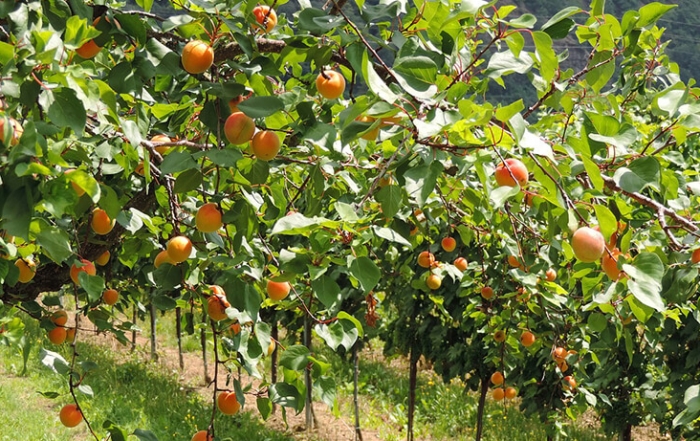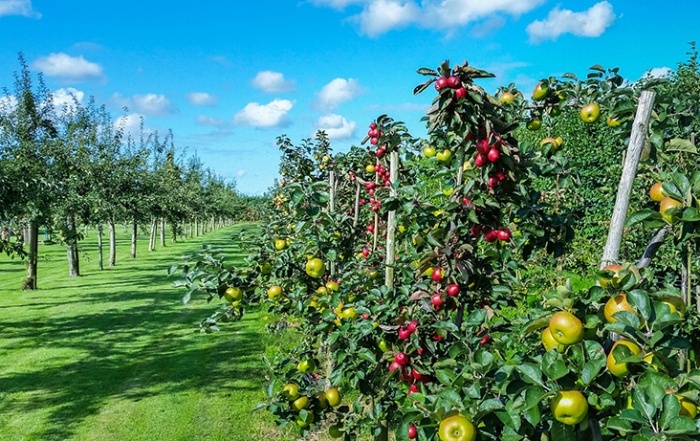
Organic farming, sustainable farming, and regenerative farming all improve the quality of the soil, water, and air, and lead to healthier, better quality products. So how can farmers be sure their customers understand what they’re getting and that they’re getting a fair price for their high-quality products? Farmers have to find the right market that understands and appreciates what they’re selling. This can seem like a daunting task whether you’re a new farmer or an established farmer who wants to transition to organic, sustainable, or regenerative farming – but luckily there’s a fast-growing market for these products if you know where to look!
Top Ideas for Selling Your Products
- Open a farm stand to sell directly to the locals. Farm stands cut out the middleman, but farmers have to publicize their products or no one will know to come.
- The local farmers’ market is probably the most popular place for small organic, sustainable, and regenerative farmers to sell their products because most areas have at least a few, and farmers can count on customers being there (which can be iffier with a little-known farm stand).
- Sell your products to local restaurants – look for those that emphasize “farm-to-table” to start – and to local organic grocery stores.
Partnering with a Brand to Sell Your Produce
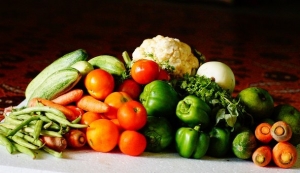 Many farmers who currently use traditional farming techniques want to transition to organic farming, sustainable farming, or regenerative farming, but worry that they wouldn’t be able to break into the market for their new products quickly enough. One of the most promising solutions that many organic farms have leveraged is to partner with a food brand that embraces the same food philosophy. Over $100 billion worth of organic food and drink products were sold worldwide in 2018, and more and more food companies are embracing organic farming, sustainable farming, and regenerative farming as a way of reaching consumers. These companies are constantly searching for farms of all sizes to partner with as the demand for organically and sustainably produced products grows.
Many farmers who currently use traditional farming techniques want to transition to organic farming, sustainable farming, or regenerative farming, but worry that they wouldn’t be able to break into the market for their new products quickly enough. One of the most promising solutions that many organic farms have leveraged is to partner with a food brand that embraces the same food philosophy. Over $100 billion worth of organic food and drink products were sold worldwide in 2018, and more and more food companies are embracing organic farming, sustainable farming, and regenerative farming as a way of reaching consumers. These companies are constantly searching for farms of all sizes to partner with as the demand for organically and sustainably produced products grows.
Since these food brands need massive amounts of raw organic produce and livestock, oftentimes partnerships mean that most of a farm’s crops are already committed to the company before harvest. This can help to ease the transition to organic, sustainable, or regenerative farming since farmers don’t have to worry about losing money while looking for a market for their new, higher-quality products.
Organic, Sustainable, or Regenerative Farming Certification: Is It Worth It?
Organic farming, sustainable farming, and regenerative farming all share the same underlying commitment to the environment – however, they each involve a commitment to a different set of principles and techniques in order to be certified. The US Department of Agriculture certifies that farms meet organic farming requirements. The USDA does not provide a certification for sustainable farming or regenerative farming; instead, farmers have created other organizations to certify these farms. However, the process to earn Regenerative Organic Certification through the Regenerative Organic Alliance includes becoming organic-certified as one of the earlier steps. The Sustainable Agriculture Network uses an entirely separate process, the Rainforest Alliance Sustainable Agriculture Standard, to certify that a farm practices sustainable farming.
Whether it will be worth it for your farm to get certified largely depends on how and to whom you plan to sell your products. If you plan to sell your products locally, it may not matter to your customers whether you have any certification. In other locations, customers may not buy much that isn’t certified organic. The best idea is to talk to other organic, sustainable, or regenerative farmers in the area to learn about their experience with certification and the local market. If you plan to partner with a brand to sell your produce, they may require that you be certified organic by the USDA, but they likely would not require (and may not care about) sustainable farming or regenerative farming certification.
Related Topics
10 Things to do in Winter on Your Virginia Farm
Although work never really ends when you live on a Virginia Farm, the winter months [...]
Companion Planting in Virginia
Farmers across Virginia are adopting companion planting for many reasons: to [...]
Finding the Right Market for Organic, Sustainable, and Regenerative Farm Products
Organic farming, sustainable farming, and regenerative farming all improve the quality [...]
Owning a Pick Your Own Farm
Springtime in Virginia doesn’t last very long if we’re lucky it [...]
Sold on the Soil
Virginia stretches from the ocean to the Allegheny Mountains and includes [...]
Season of the Apple Orchard
As fall gives way to early winter, those associated with apple [...]


